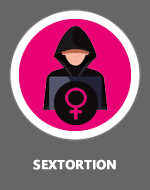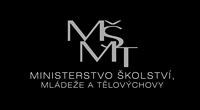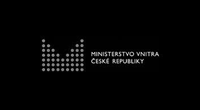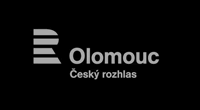The aim of the research was to track how much cyberbullying of teachers in the Czech Republic is expanded, what forms of attacks on teachers predominate, how long they last and what impact they have on teachers. Experts from Pedagogical Faculty also wondered how teachers solve the crisis and who the offenders are.
Totally 21,73% of Czech teachers has become the victims of cyber attacks (6,19% in the last 12 months, 14,68% in less than the last 12 months. The most common forms of incidents included verbal attacks made via a mobile phone or the Internet and harassment via ringing off. The research also captured threats against teachers or intimidation or spreading degrading or humiliating pictures, "said lead researcher Kamil Kopecký.
Cyberbullying as a serious form of cyber aggression has been experienced by 181 teachers out of 5136 respondents
The research shows that short-term attacks that took place during one week prevail (456 incidents of 1062 lasted for a week and did not continue), long-term attacks are exceptional. Cyber attacks on teachers most often occurred in an environment of social networks, among other tools that were used to attack belonged cell phones, email, chat and public websites.
"Not every cyber incident that teachers experienced can be considered to be cyberbullying - that occurs repeatedly, long time, it is intense and has a demonstrable impact on the victim. Based on the research it can be declared that the real cyberbullying in the last 12 months was experienced by 3,52% of teachers, it means 181 out of 5136 respondents, " Kopecký said.
Offenders: not only students but also parents or colleagues
Who are the most frequent offenders of cyberbullying? In almost 40% of cases the offenders were school pupils (34,92% were the pupils known and taught by the victim). There is also considerable percentage of situations when parents of the student become the aggressors; it is about 8% of cases according to the results. It is alarming that in a quarter of cases the offenders of the attack were impossible to reveal - therefore they were not punished (24,42%). "Children are often more receptive to digital technology than their parents, but also teachers. Unfortunately, they fail to realize all of the risks and consequences of their behaviour, "stated Ctirad Lolek, Human Resources Director O2 Czech Republic.
The research also tried to find out who knew about cyber attacks or cyber bullying on teachers. In 31,9% cases the teachers´ colleagues (teachers, educators) knew about the attack - in the words of the victims. In contrast, the school management was informed only in 15% of the cases. It means that the superiors and department head are not informed about cyberbullying so often.
How do teachers react?
The research shows that most teachers usually use strategies aimed at direct removal or blocking objectionable content from the internet - they make up more than a fifth of all strategies that are used for attack. Almost 10% of respondents take records about the incident - eg. communication screenshots, SMS, etc. About 8% of the teachers tried to track down the offender of the attack. 8,25% of teachers decided to ignore the situation - either they did not consider it serious, or they assumed that the problem would disappear.
Martin Kožíšek, the Internet security manager of Seznam.cz company, added: "It has been revealed that the current cases associated with large media coverage are often simplified, just for the reason to attract the attention of public and media. That is why we want the results to serve particularly to show the reality and to describe the issue as closely as possible. Clear specification of the problems enables us to better understand them and ultimately address them more effectively. Because we run services that may relate to this issue, this research provides us with valuable input to create operational measures to protect our users. "
Contact person:
Mgr. Kamil Kopecký, Ph.D. | Pedagogical Faculty of
E-mail: Tato e-mailová adresa je chráněna před spamboty. Pro její zobrazení musíte mít povolen Javascript. | Telephone number: +420 777 146 808
































